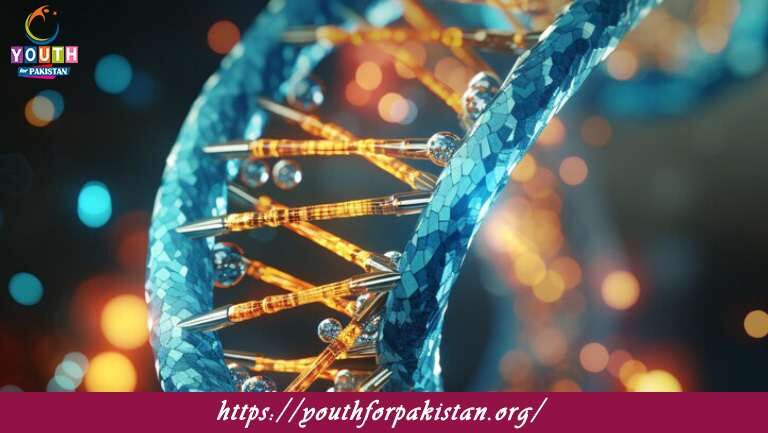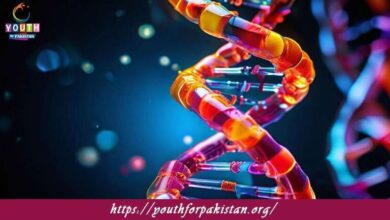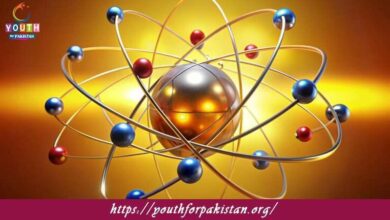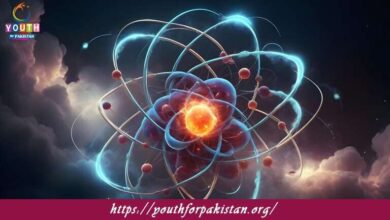10th Class Chemistry Chapter 13 Quiz with Answers

“10th Class Chemistry Chapter 13 Quiz: Biochemistry” discusses the chemistry of life at the level of molecules and reactions that support biological processes. This chapter is very important for MDCAT students because it serves as a link between chemistry and biology, covering topics that are very essential for medical and dental entrance exams. Our MDCAT Quiz for this chapter is designed to test your knowledge and enhance your understanding of biochemistry concepts.
The chapter starts with the introduction of biomolecules, classifying them into carbohydrates, proteins, lipids, and nucleic acids. It enables students to understand the structure, function, and importance of each class of biomolecules in living organisms. Carbohydrates are discussed as the major energy source, whereas lipids, as molecules, are discussed concerning their role in energy storage and cell membrane structure. Proteins, the basic building blocks, are discussed according to their roles in structure and enzymes. The concept of enzymes is elaborated upon, focusing on their role as biological catalysts and their functioning in metabolic reactions. Further, the importance of nucleic acids, such as DNA and RNA, is discussed in relation to heredity and the synthesis of proteins. Its applications in the real world have also been stressed upon in medicine, agriculture, food industries, etc.
MDCAT Quiz: Strengthen Your Biochemistry Knowledge
Our MDCAT Quiz for Chapter 13 tests your understanding of biomolecules, enzyme functions, and metabolic reactions. It contains questions related to the structure and roles of carbohydrates, proteins, lipids, and nucleic acids. Regular practice of these quizzes ensures that you grasp the critical concepts of biochemistry, which are important for excelling in the MDCAT exam.
- Test Name: 10th Class Chemistry Chapter 13 Quiz
- Type: Quiz Test
- Total Questions: 30
- Total Marks: 30
- Time: 30 minutes
Note: Answer of the questions will change randomly each time you start the test, once you are finished, click the View Results button.
Free Flashcards for Biochemistry
Revise efficiently with free flashcards for Chapter 13. These flashcards cover the main terms, such as enzymes, carbohydrates, proteins, lipids, and nucleic acids, together with their functions and examples. Flashcards provide a fast means of memorizing and reviewing important concepts, which proves to be invaluable during MDCAT preparation.
Experience the real exam environment with our expertly designed collection of over 25,000 MCQs MDCAT Mock Tests.






